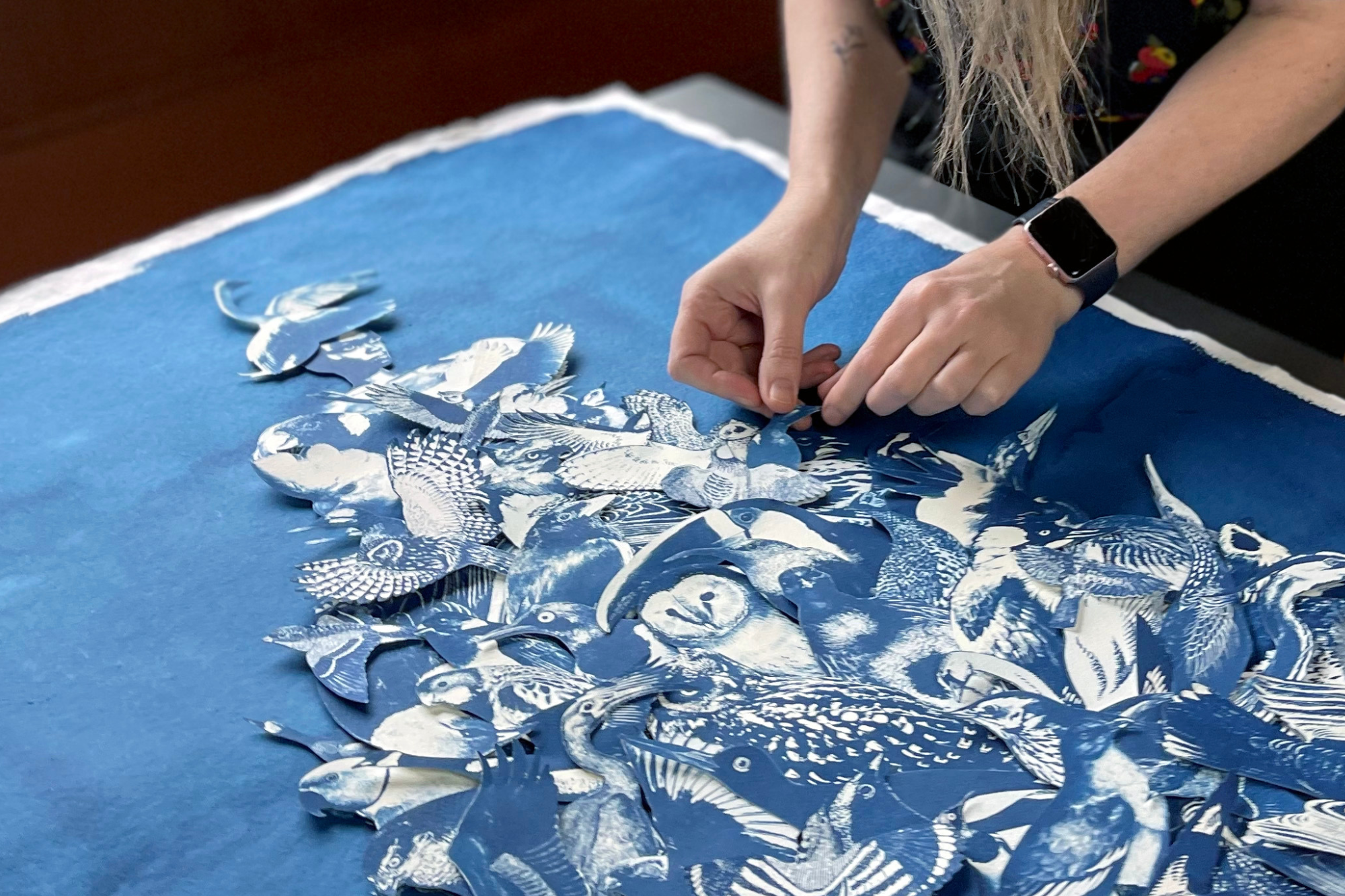
What is a Cyanotype and How I Create Them
Invented in 1842 by Sir John Herschel, an English scientist and astronomer, cyanotypes use a light-sensitive solution made from ferric ammonium citrate and potassium ferricyanide. This solution is applied to paper or fabric, and then objects or negatives are placed on top. When exposed to ultraviolet light, typically from the sun, the treated areas turn a distinctive Prussian blue, developing the image when rinsed in water.
The Basics of Cyanotype
The process can be quite straightforward, making it an excellent starting point for beginners interested in alternative photography. Here's a simple breakdown:
- Preparation: Mix ferric ammonium citrate and potassium ferricyanide to create the photosensitive solution.
- Coating: Apply the solution to paper or fabric evenly.
- Exposure: Place objects or photographic negatives on the coated surface and expose it to sunlight. The ultraviolet light initiates a chemical reaction.
-
Development: Rinse the exposed material in water to wash away the unreacted solution, revealing the cyan-blue image.

This method is not only accessible due to its simplicity but also environmentally friendly, as it uses non-toxic chemicals. Watch my beginners tutorial for The Wall Street Journal here>>
My Process and Artistic Approach
In my artistic practice, I delve deeply into the cyanotype process, integrating both historical techniques and contemporary innovations. Inspired by pioneers like Anna Atkins, who used cyanotypes to document botanical specimens, I employ this method to celebrate and immortalise historical female figures.
Mary's Modern Prometheus
Research
My art process begins with extensive research into each subject, whether it's an inspirational female figure, a significant female movement, or historical and mythological icons celebrating female empowerment.

Large-Scale Negatives
I create hand-cut collages using photographic portraiture, natural elements, and scientific illustrations, constructing complex compositions that become the foundation for my cyanotype negatives. By using large-scale negatives, I capture intricate details, combining modern technology with traditional methods.

Materials
I work with handmade cotton papers and sometimes incorporate precious metals, enhancing the visual and tactile qualities of my pieces. For example, my Gold and Metallic Leaf Cyanotypes are hand-finished with accents and colour blocks of 24-carat gold, copper, and zinc leaf, adding a touch of radiance to each handcrafted work.

3-D Paper Cut-Outs
To add depth and complexity, I often include 3-D paper cut-outs of cyanotypes, with some pieces featuring hundreds of meticulously hand-cut embellishments, creating layered compositions that bring a new dimension to the pieces.

Sunlight and Water
Just as in the original cyanotype process, I harness natural sunlight for exposure and water for development, keeping my practice close to its historical roots.

In addition to these techniques, I explore various materials to broaden the scope of my cyanotype work:
Punch Card Cyanotypes
These creations celebrate the origins of computer science and pay homage to the early female programmers whose work laid the foundation for the digital age. Using punch cards, I memorialise their innovative spirit through a medium that echoes their contributions.
Stellar Spectra and the Road Map to the Moon
Cyanotypes on Porcelain
Developed on bisque-fired, hand-shaped porcelain discs pressed into linen, these cyanotypes possess a delicate, dreamlike quality reminiscent of the rare, collectible bisque dolls of the 19th century.
Bust of Amelia
Through these diverse techniques, I aim to create biographical portraits that are both unique and deeply symbolic. The monochromatic palette of blue and white not only harks back to the origins of cyanotype but also adds an ethereal quality to the images.
Celebrating Trailblazing Women
A central theme in my work is the celebration of inspirational women who have often been overlooked in history. By depicting their stories through the cyanotype process, I draw a parallel between the illumination provided by the sun and the enlightenment brought about by these women's contributions.
Poppies in October
Cyanotype remains a cherished method in the world of art and photography, celebrated for its rich history and the beautiful, enduring images it produces. Whether you're a beginner or an experienced artist, the cyanotype process offers a unique blend of simplicity, creativity, and historical connection, inviting you to explore the world of blueprints and beyond.

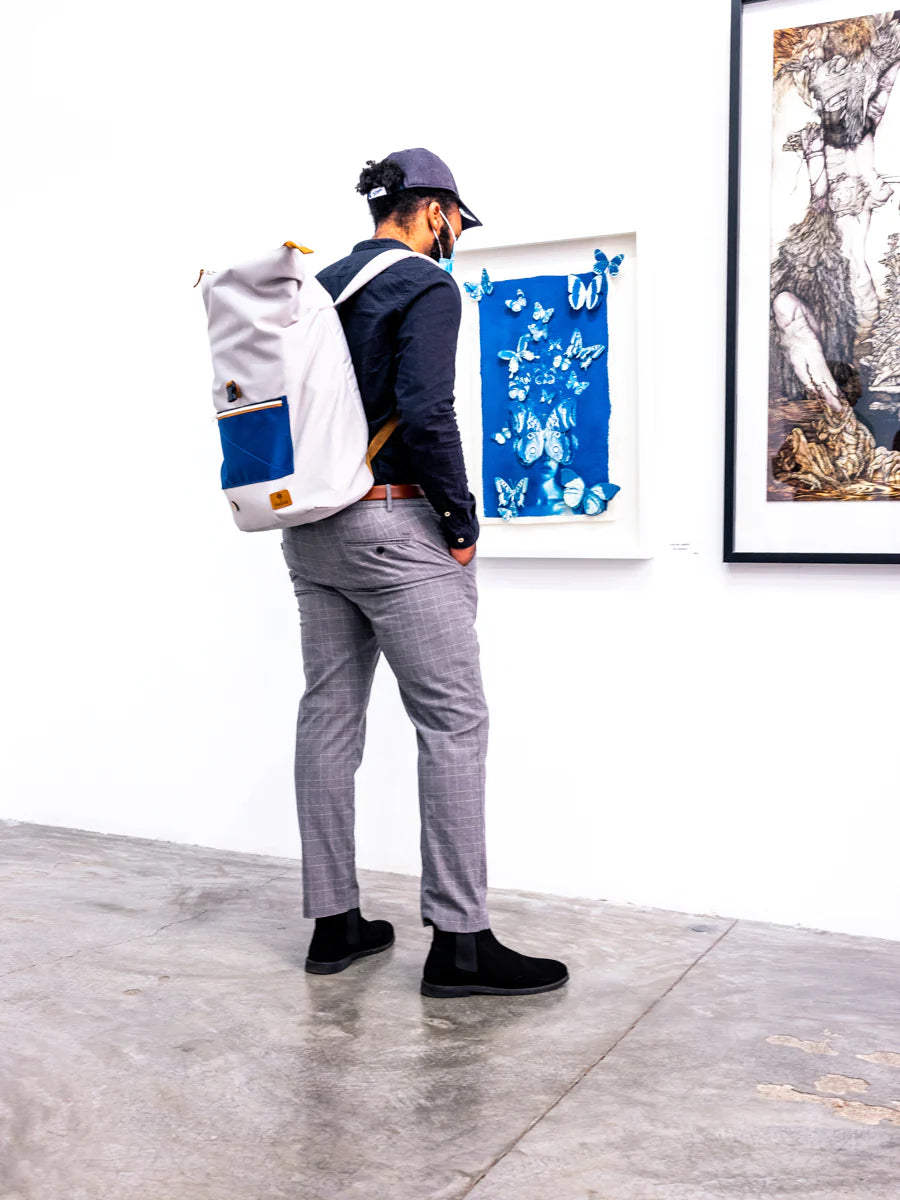
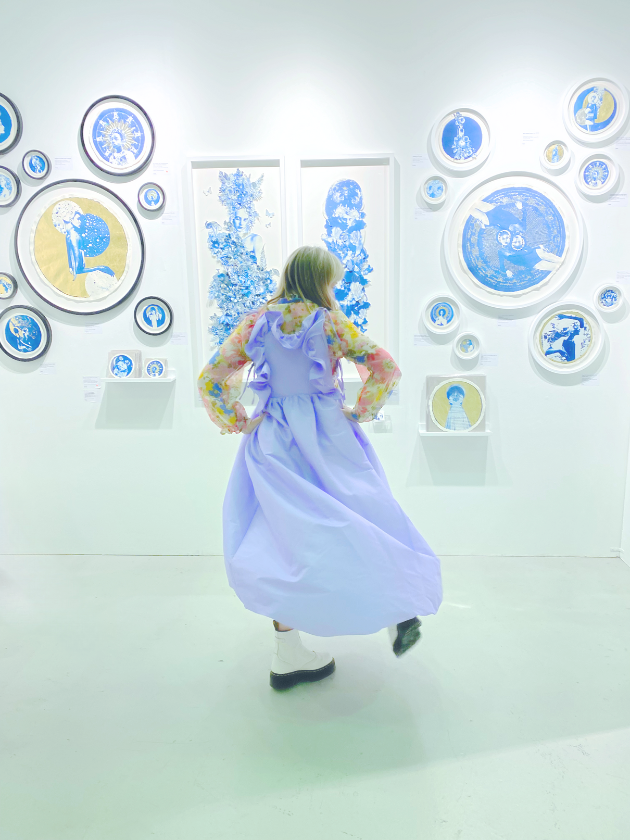






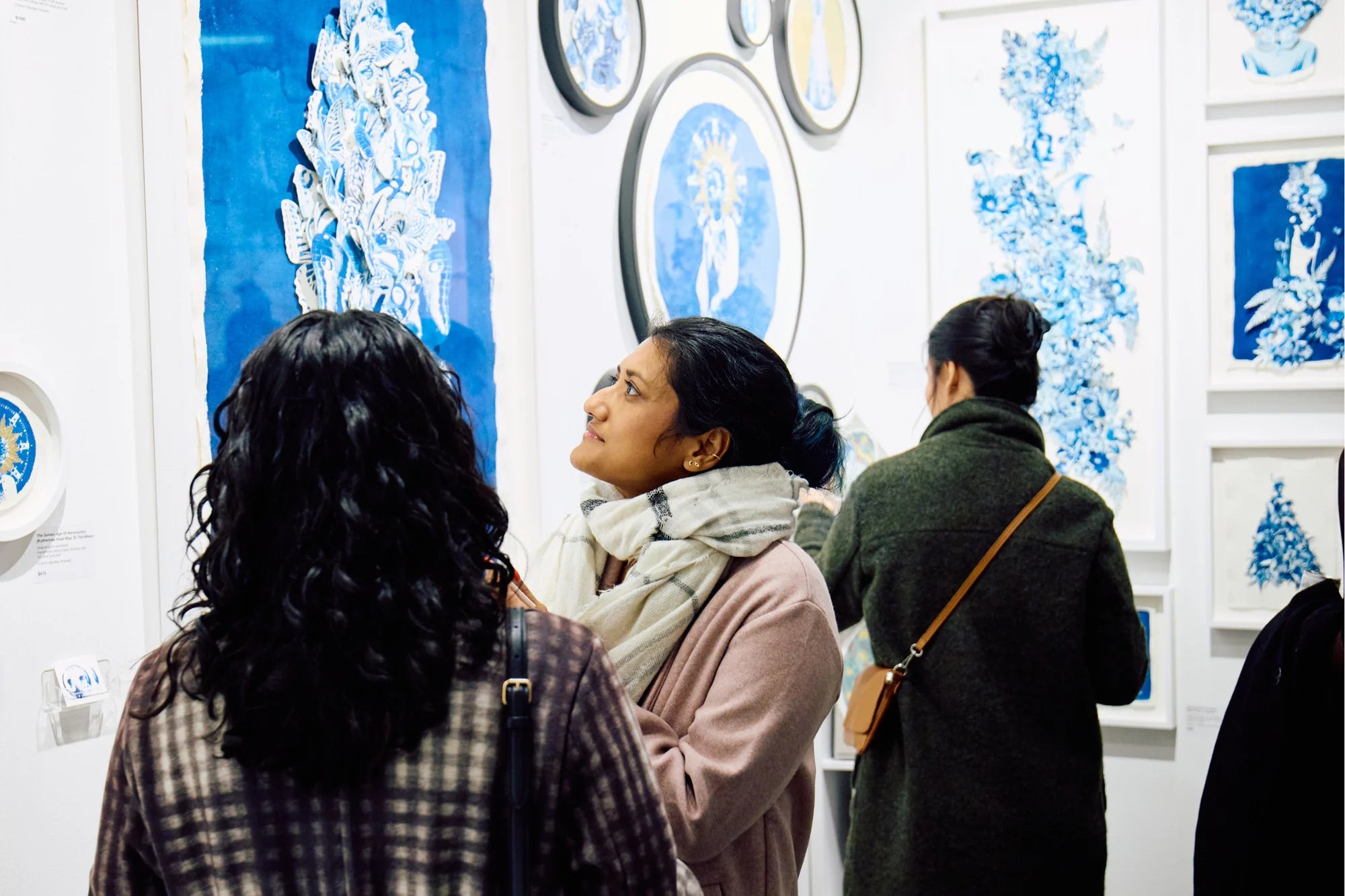
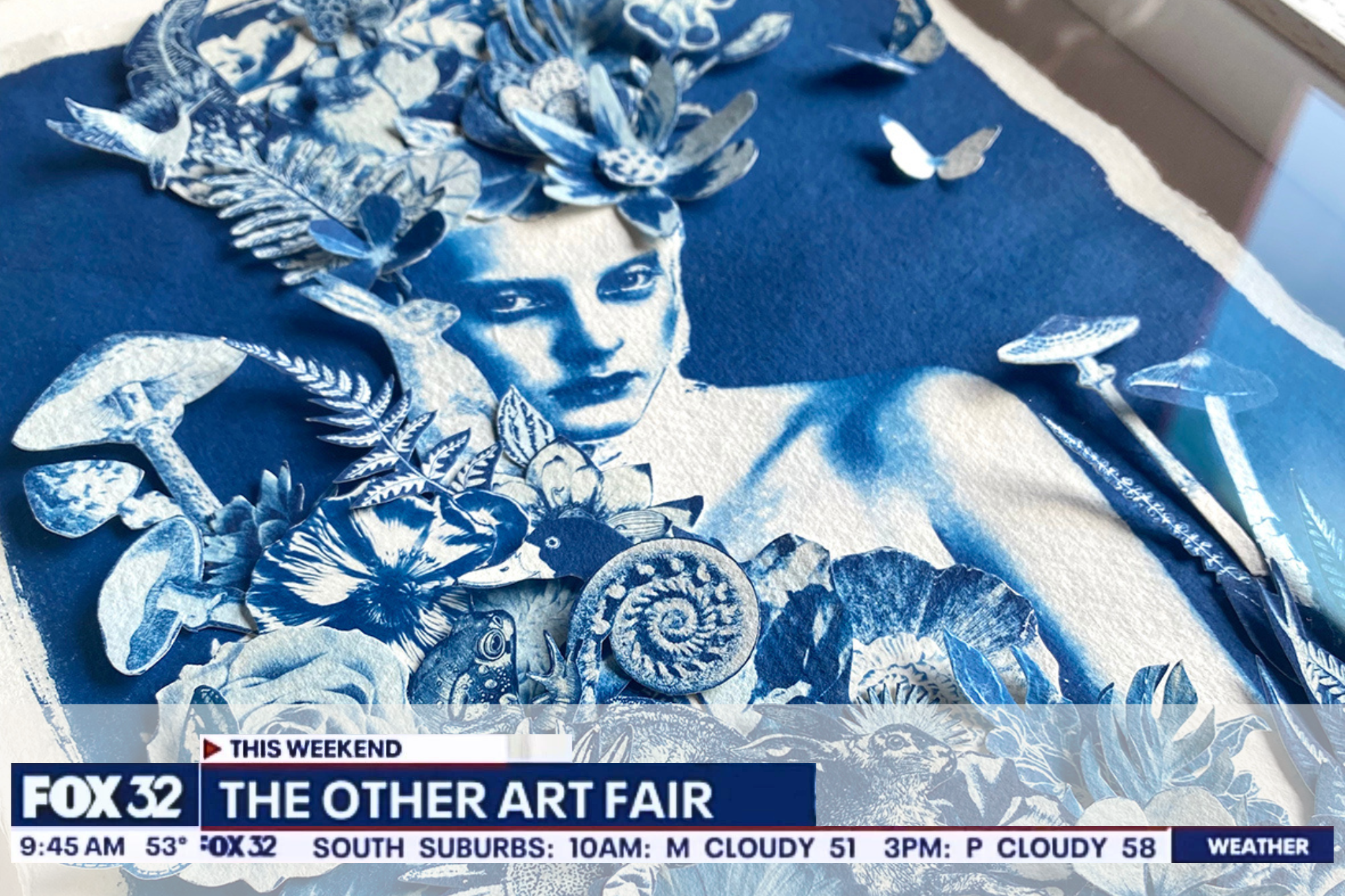
Leave a comment
This site is protected by hCaptcha and the hCaptcha Privacy Policy and Terms of Service apply.